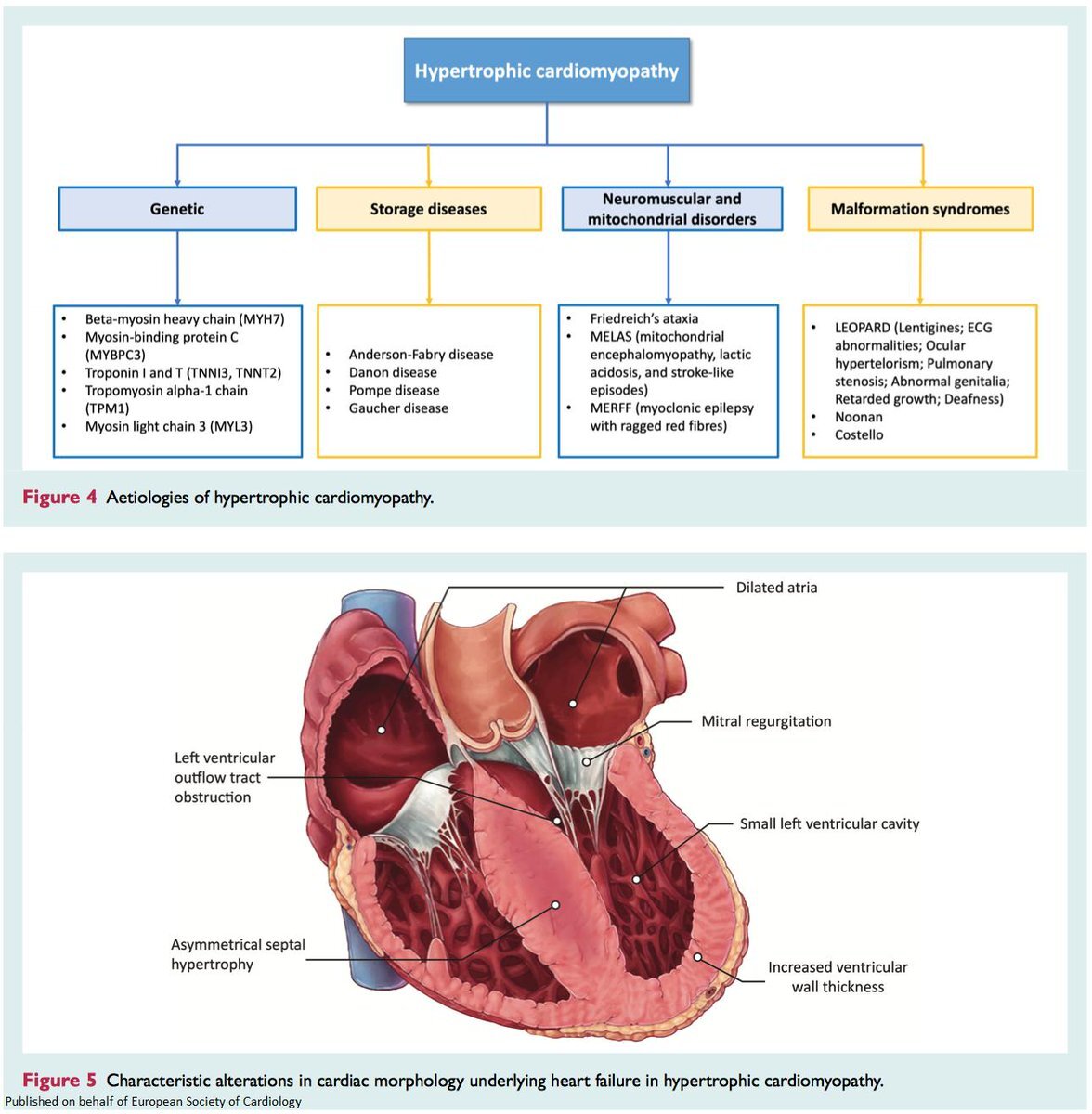Feline Hypertrophic Cardiomyopathy or HCM is a condition that causes the muscular walls of a cat’s heart to thicken, decreasing the heart’s efficiency and sometimes creating symptoms in other parts of the body. Although the cause of HCM has not been clearly identified, the fact that the condition is more prevalent in certain breeds (including Maine Coon, Ragdoll, British Shorthair, Sphynx, Chartreux and Persian cats) and that mutations of several cardiac (heart) genes have been identified in some cats with this disease suggests that genetics plays a role. Hypertrophic cardiomyopathy is the most prevalent heart disorder in cats and the principal cause of cardiovascular morbidity and mortality.
How is HCM inherited?
This is an autosomal recessive condition, meaning two copies of the mutation are required for the cats to lose their vision. Dam and sire must both be carriers to produce affected offspring. Carriers have one copy of the mutation. Carriers are not affected.
HCM Symptoms
Many cats with HCM do not appear to be ill. Others may show signs of congestive heart failure, including labored or rapid breathing, open-mouthed breathing, and lethargy. These symptoms occur when fluid accumulates in or around the lungs.
Loss of appetite (anorexia)
Lethargy.
Weak pulse.
Difficulty breathing.
Short, rough, snapping breathing sounds (crackles)
Abnormal heart sounds (i.e., muffled, galloping rhythm, murmurs)
Inability to tolerate exercise or exertion.
How prevalent is HCM?
About 30% of Maine coon cats have a genetic mutation.
Genetic Testing
The A31P breed-specific mutation for inherited HCM in Maine Coon cats produces moderate to severe cardiac disease which can lead to sudden death by age 4 years or less for cats that carry two copies of the mutation (homozygotes). Cats that carry one copy of the mutation (heterozygotes) have a longer life expectancy, but may still develop HCM. The mutation is a single base pair change in MYBPC3 that disrupts the production of the cardiac myosin binding protein C needed for normal heart muscle development. The Veterinary Genetics Laboratory offers a test for the Maine Coon breed-specific HCM mutation (University of California, Davis).
| Test Result | Maine Coon HCM Status |
|---|---|
| N/N | Normal |
| N/HCMmc | One copy of the A31P mutation is present. Cat is 1.8 times more likely to develop HCM than cats without the mutation. |
| HCMmc/HCMmc | Two copies of the A31P mutation are present. Cat is 18 times more likely to develop HCM than cats without the mutation. |
Treatment
Medications to slow the heart rate, correct abnormal heartbeats, and improve blood flow and cardiac function
Medications to decrease blood clot formation
Medication to alleviate fluid build-up with congestive heart failure
Diet aimed at minimizing sodium intake and optimizing adequate nutrition for congestive heart failure
Resources
https://academic.oup.com/eurheartj/article-abstract/40/12/982/5053980?redirectedFrom=fulltext
https://www.vgl.ucdavis.edu/services/cat/MaineCoonHCM.php
https://www.ufaw.org.uk/cats/maine-coon-hypertrophic-cardiomyopathy



